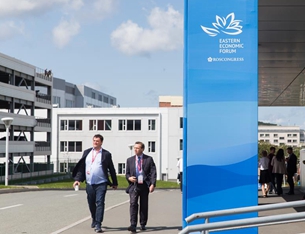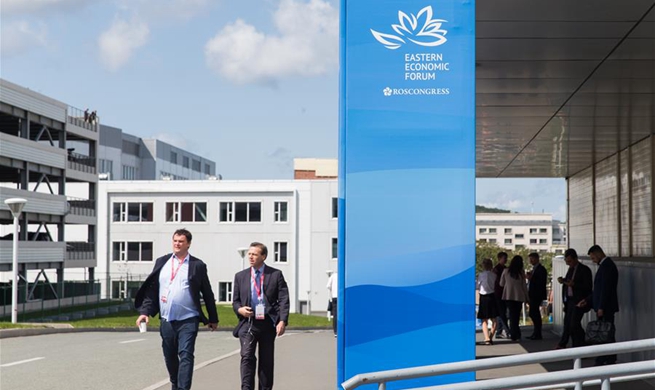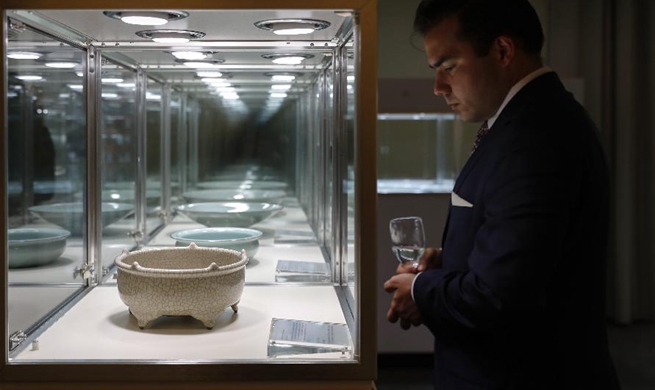TIANJIN, Sept. 11 (Xinhua) -- Chinese and American researchers have identified a gene that plays a key role in the development of blood cancer.
Myelodysplastic syndromes (MDS) are a group of cancers in which immature blood cells in the bone marrow do not mature and therefore do not become healthy blood cells. About 30 percent of MDS patients may develop leukemia, and there is no cure and the incidence is increasing with the global population aging.
It is believed that MDS are caused by gene mutations in blood-making stem cells in bone marrow. Previous studies have found 40 to 60 gene mutations in MDS patients, but the mechanism of how these gene mutations function and their role in the development of MDS were unclear.
A research team, led by experts from the Institute of Hematology under the Chinese Academy of Medical Sciences and the Cincinnati Children's Division of Experimental Hematology & Cancer Biology, has identified a transcription factor HIF1A, encoded by the gene HIF1A in patient cells, that can regulate functions in blood-cell-making stem cells in bone marrow.
In experiments done on mice, researchers removed or inhibited the gene HIF1A, and they found that all MDS mice had prolonged survival and their health conditions were significantly improved, which confirmed that the role of the gene in developing MDS.
The research was recently published in the international journal Cancer Discovery.
Further study will focus on developing new drugs and therapies targeting HIF1A for MDS patients, according to lead researcher Xiao Zhijian.

















